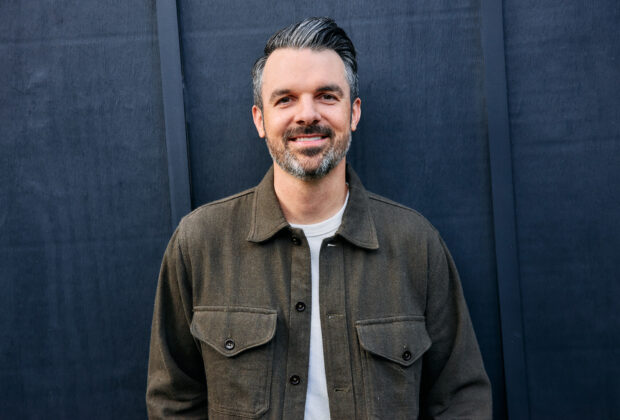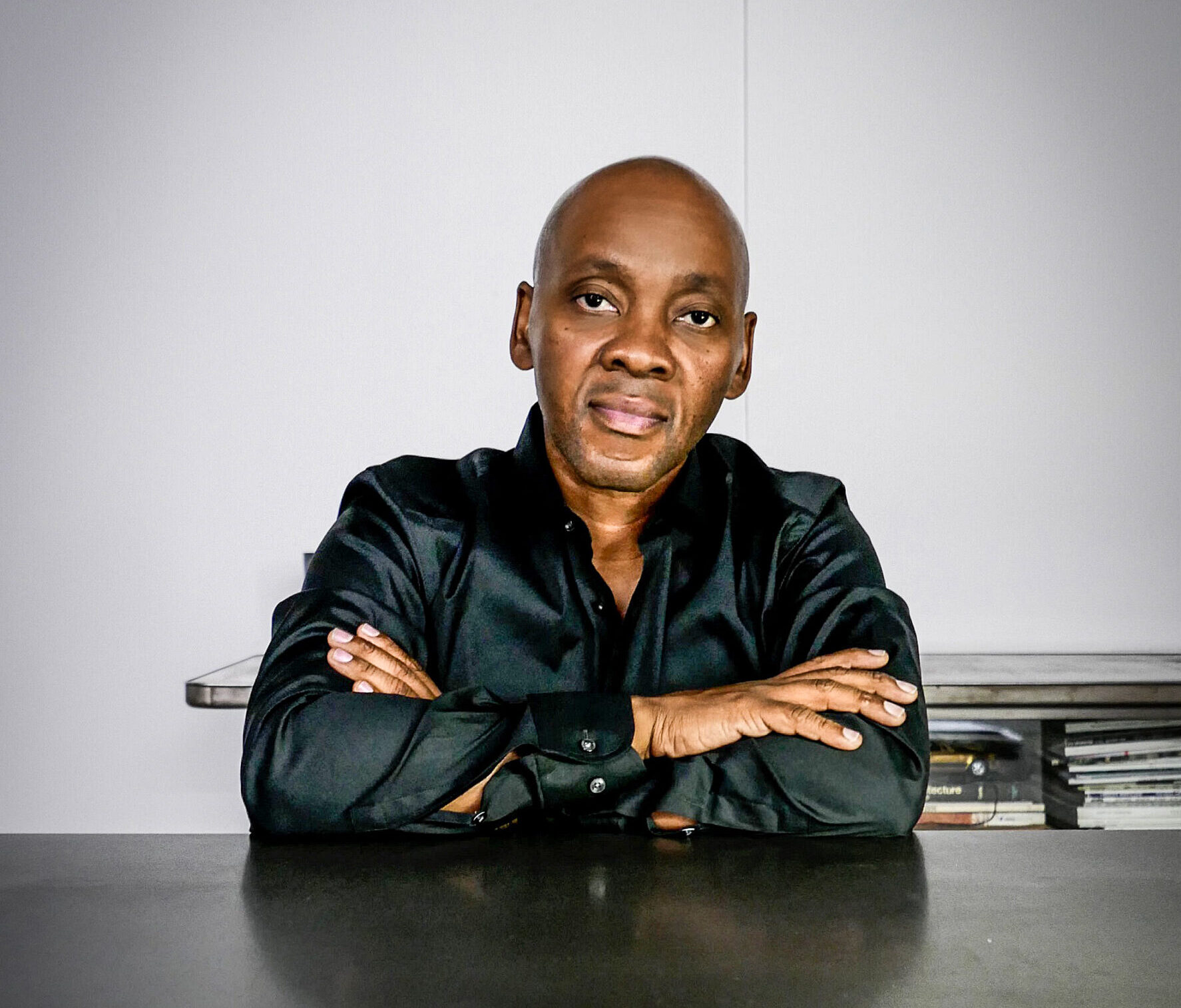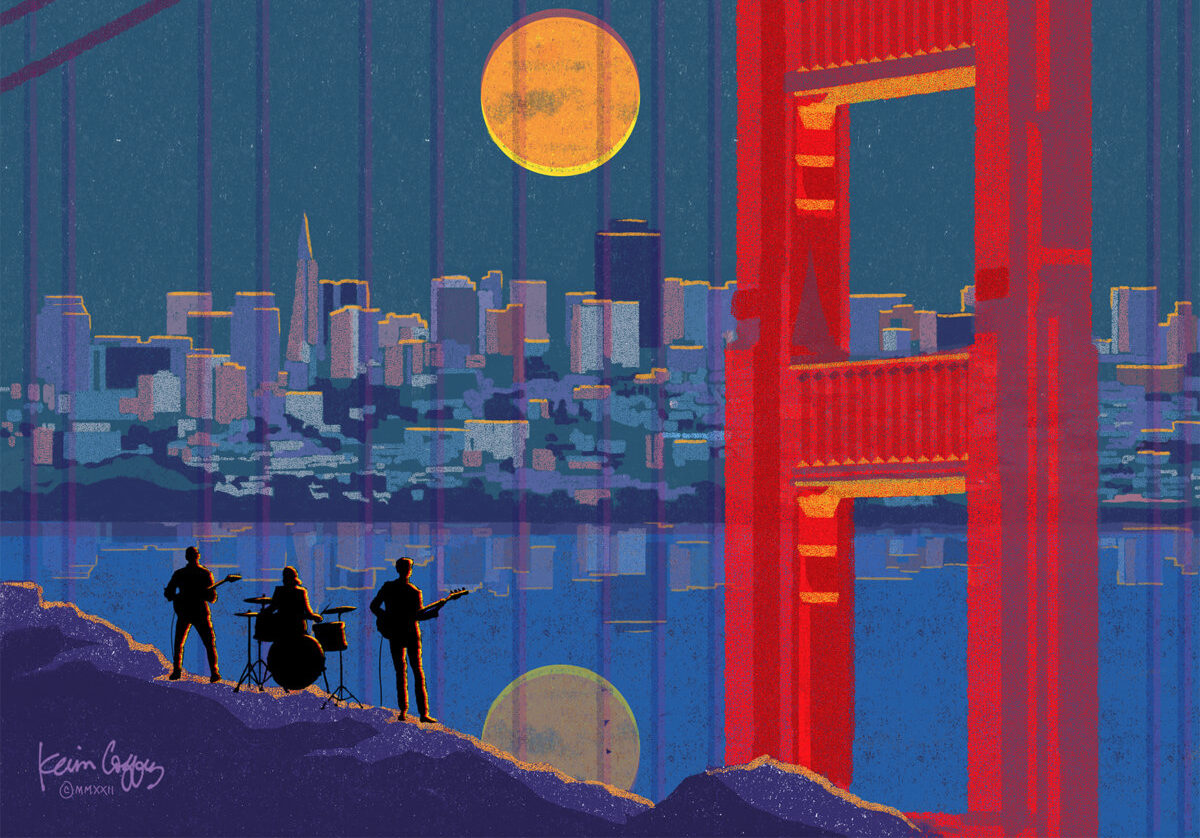Manager
Foundations Artist Management
Years with Company: 13
Address: 521 Gallatin Ave., Suite 8, Nashville, TN 37206
Web: foundationsmusic.com
Email: [email protected]
Publicity: Jaclyn Ulman - Grandstand Media, [email protected]
Clients: Noah Kahan, COIN, Gabe Simon, Carrie K
BACKGROUND
Drew Simmons got his first taste of the music industry while a student at Northeastern University in Boston. After graduation, he worked in The Big Apple before trekking to Nashville where he opened the Music City wing of Foundations Artist Management, the company he’s been with since 2011.
Righteous Beginnings
Ani DiFranco is a singer-songwriter from my hometown. She ran her label and a management company there. I found my way into an internship with her and then a part-time gig. That sort of set me on my course for learning what management was.
Taking On Manhattan
I linked up with Mark Kates, who has a company called Fenway Recordings in Boston. Mark was at Geffen during the Nirvana days, and he ran Grand Royal for The Beastie Boys before starting a small label in 2004. It was a terrible time for that, so he quickly started managing artists. He was managing a band called Doves from the U.K., which I absolutely loved. I kind of sought him out and ended up being his first day-to-day manager.
I was there for about a year-and-a-half and wanted to get out of Boston. I wanted a bigger pond and went to New York, where I met Steve Bursky. He was managing a band called Dispatch, which was exploding. I ended up working all their shows when I was working for Live Nation.
Feelin’ Good
[Bursky] was renting office space from James Brown’s management team and they were hiring. So, I ended up working with James Brown and a band from the Netherlands. I was there for about a year-and-a-half until Mr. Brown passed away.
Building a Foundation
I ended up going to Red Light Management and was there for four-and-a-half years. I worked on O.A.R. and signed my first client, a band called The Jakes, which changed their name to Young the Giant.
I then left Red Light to link up with Steve Bursky. I partnered with Steve, Brian Winton and Max Credinger [to create Foundations Music.] We’ve got 28 clients and 20 people in total at the company.
Kahan Job
I moved to Nashville in 2014 to start the Nashville office. I’ve been managing Noah Kahan for eight of those years. I found him as an 18-year-old high school senior in a town of 1,000 people in Southern Vermont. A SoundCloud link piqued my interest and we signed to Republic Records about a year after.
I co-manage Dayglow with Ryan Langlois. I also manage COIN. And then I have two producer-writer clients. Gabe Simon is Noah Kahan’s producer. And my newest signing is a producer named Carrie K, who played drums on most of Noah’s record.
Striking a Chord
I have a firm no-asshole policy. This job’s too tough and involved in people’s lives to be working with people you don’t enjoy. You have to be in the same headspace. Whether you feel there’s a marketplace for what they’re saying or how they’re saying it is critical.
Taking Initiative and Making Change
There’s a certain self-starter nature that has to exist for an artist. They have to be multifaceted in their ability to relate with an audience. The artists I’ve most recently been working with have a real drive to either communicate with the world or evolve the music industry. That gets me excited.
Let a Manager Find You
I subscribe to [the idea that] great music will be found. If people aren’t knocking on your door, you’re probably early in your journey. I’ve seen it time and time again. You hear about an artist and it gets spread around. Something they’re doing is standing out.
With Noah, there was no business. He had no music in the world aside from a short SoundCloud link that no one heard. He had never played a show aside from an open mike. But I believed in him and saw the vision for what he could become.
Learn Everything
Do everything you possibly can. I’m better prepared to advise my clients, having had a variety of experiences early on in my career, whether that be tour management or working concerts, to understand what it’s like to have artists coming through a venue, or working in marketing departments to understand what it’s like to be out there hustling. The more broad and deep your references, the better off you are.
Uncovering Artists
We often find new artists based on suggestions from talking to friends in the business. Networking has always been critical; it’s a relationship-based business. That typically is where our artist discovery comes from. And we occasionally find things scrolling through our For You pages on TikTok.
It’s incredibly rare where an artist reaches out blindly to a manager and that ends up being a viable solution. Usually, it’s the other way around.
One Tough Job
I don’t think people understand how much work goes into this role, how nuanced and incredibly involved you have to be in every aspect of the artist’s career. I think it is known within the industry how important good management is and how much managers take on. But from time to time it is taken for granted, even amongst the manager community. We need to remind ourselves that we need sleep every once in a while, too.
Changes That Benefit Artists
There are a lot of inefficiencies in the business and historically a lot of bad contracts for artists. Hopefully, those things are evolving in the artist’s favor. There are a lot of things that are out of the artist’s control in the touring space. The artist has to conform to a certain infrastructure. We have little ability to manipulate those things based on the artist’s desire. I’m looking forward to that evolving. It’s already evolving in a variety of ways on the recorded side. Artist contracts are changing for their benefit.
Advocating for Artists
At the end of the day, the artist makes the music, develops the brand, maintains the relationship with the audience, and creates the cultural impact. It’s super-important to make sure artists and songwriters are compensated appropriately.
Deferring to Artists
I don’t want to change an artist. I want the artist to have the desire to change or evolve as they see fit. Of course, I’m going to provide my input. But I’ll always defer to their artistic integrity. The role of the manager needs to be sidecar to the artist. It’s not about us—it’s about them.













